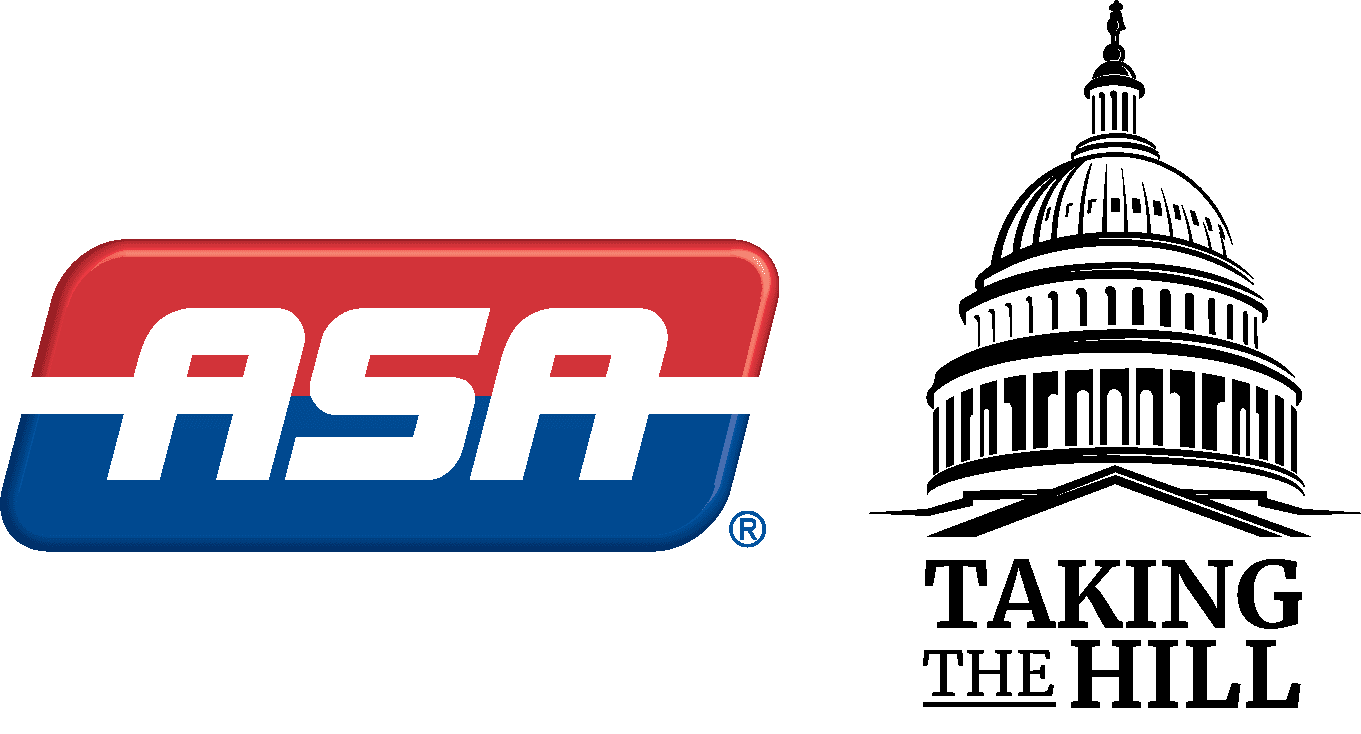U.S. Senate Passes Major Tax and Spending Bill with Provisions Beneficial to Many Small Businesses

U.S. Senate Passes Major Tax and Spending Bill with Provisions Beneficial to Many Small Businesses
U.S. House To Immediately Take Up the Senate Bill
WASHINGTON, D.C., July 1, 2025 – Today, the United States Senate passed the “One Big Beautiful Bill” (OBBB) on a 51-50 vote. Vice President J.D. Vance provided the tiebreaking vote. The U.S. House must approve the Senate’s version before the bill can be sent to President Trump to sign. The U.S. House Rules Committee will meet today to move the bill for a vote before the full House. Like the version originally approved in the House, the Senate’s version of the OBBB includes many tax provisions that would make it easier for many small business to thrive. The vast majority of auto repair shops and members of the Automotive Service Association (ASA) are small independent businesses.
Since 2017, businesses registered as sole proprietorships, S corporations, or partnerships have been allowed to deduct 20 percent of qualified income for tax purposes. This deduction, known as the Section 199A deduction, will expire at the end of 2025 if Congress doesn’t act. The House’s OBBB would make the deduction permanent and increase it to 23 percent. The Senate’s version would also make it permanent but keep it at 20 percent.
Many repair shops will have to spend significantly on new equipment, tools, machinery, and other costly investments to order to adapt to new vehicle technologies. Both versions would allow businesses to deduct 100 percent of investments in certain machinery and equipment for the tax year of the expenditure, thereby avoiding depreciation. However, the Senate’s version would make this “bonus” depreciation provision permanent, while the House’s version would make this provision expire at the end of 2029.
Consumers stand to benefit from this tax package as well. Individuals who purchase a car between now and the end of 2028 and report less than $100,000 in their tax filing can deduct up to $10,000 in car loan interest payments until the end of the 2028 tax filing year. The Senate’s version sets stricter qualifying requirements. Only new vehicles would qualify, and those vehicles must be assembled in the U.S.
Current incentives for electric vehicle (EV) purchases and production have led to a sudden surge in EVs on the road. As mentioned above, adapting to this technology requires investments that many repair shops struggle to afford. The OBBB would result in a more gradual and manageable increase in EVs on the road by eliminating nearly all tax credits on consumer EV purchases. It would also eliminate approximately 50 percent of EV manufacturing incentives. The House and Senate versions differ in that the Senate version would eliminate fewer EV manufacturing incentives. It would also phase out those incentives sooner than the House version’s timeframes.
The OBBB also contains win-wins for employees and their employers. In the Senate version, employees with less than $150,000 in annual income can deduct up to $12,500 in overtime compensation for all tax years before 2029. The House version would increase the income cap to $160,000 and make all overtime compensation eligible for the deduction. Additionally, it would make permanent the tax credit for small businesses that provide paid family and medical leave. In the House version, this provision would apply only in states that don’t require businesses to provide such leave, while it would apply to all states in the Senate. The Senate version also provides more generous incentives for businesses to help provide childcare to their employees. The House version would make permanent the current up-to-$150,000 tax credit on up to 25% of the childcare support provided to employees. The Senate version would make the credit up to $500,000 on up to 40% of the childcare support provided to employees, and $600,000 and 50% respectively for small businesses.
Republicans in Congress have struggled to agree on deduction policies for state and local taxes (SALT). The House version permanently increases the cap on SALT deductions from $10,000 to $40,000 for married couples with less than $500,000 in income. It would also make it harder for businesses to qualify for SALT deductions. Meanwhile, Senate’s bill makes the same changes to the cap, but the cap would revert to $10,000 starting in the 2029 tax year. Furthermore, the Senate version keeps the current rules for business SALT deductions in place.
ASA prefers some provisions in the House version relative to the equivalent provision in the Senate bill, and vice-versa. However, ASA supports the direction House and Senate leaders are headed relative to these key tax and EV policy provisions.
ASA is the largest and oldest national organization committed to protecting the automotive repair industry with ONE VOICE. We are the only trade association whose board is comprised solely by collision and mechanical automotive repairers. Our members own and operate repair facilities responsible for the majority of all, post warranty, repair services in the United States. ASA advocates for the interests of its members and their customers in Washington, D.C. The education, resources, and services ASA provides empowers its members in all 50 states to remain trusted stewards of mobility in their communities. www.ASAShop.org
Additional Info
Media Contact : ASA Washington, D.C. Office, 202-543-1440
News Release : News Release : ASA.DC 25.05
